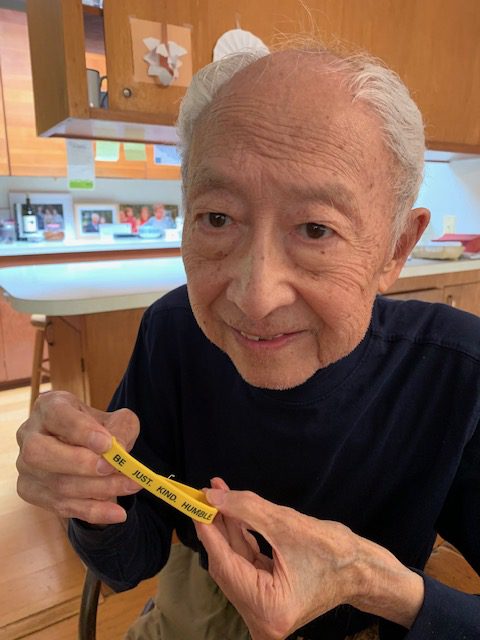ChatGPT said:
A helpful way to think about this is: the principles we use to care for nature also apply to nurturing human relationships—whether between individuals, communities, or nations. Here are key environmental lessons translated into Friendshipology and human relations:
__________________________________________________________________________________________
🌱 1. Respect Interdependence
In nature: Every species and element plays a role in an interconnected ecosystem.
In human relations:
- Person-to-person: Recognize mutual dependence. No one thrives alone.
- People-to-people: Communities need collaboration, not isolation.
- Government-to-government: Policies should honor shared destinies (e.g., climate, peace, migration).
Principle: Your well-being is linked to mine.
🐚 2. Protect Fragility and Vulnerable Beings
In nature: We protect endangered species and fragile habitats.
In society:
- Individuals: Be attentive to those easily overlooked—children, elders, marginalized voices.
- Groups: Support weaker communities rather than exploiting them.
- Nations: Avoid taking advantage of poorer or smaller countries.
Principle: Compassion strengthens the whole system.
🌿 3. Sustainability Over Exploitation
In nature: Overuse leads to collapse. Balance ensures renewal.
In relationships:
- Person-to-person: Don’t drain others emotionally, financially, or spiritually.
- People-to-people: Avoid extractive relationships; promote reciprocity.
- Government-to-government: Trade, diplomacy, and aid must be fair—not predatory.
Principle: Take only what can be replenished. Give back more than you take.
🌳 4. Diversity is Strength
In ecosystems: Biodiversity keeps life resilient.
In society:
- Individuals: Accept different backgrounds, beliefs, personalities.
- Groups: Value pluralism; celebrate cultural uniqueness.
- Governments: Support cooperation across ideologies and civilizational differences.
Principle: Difference increases collective survival and creativity.
💧 5. Prevent Harm Before It Spreads
In nature: Pollution in one river poisons the entire water system.
In relationships:
- Individual conflicts: Resentment, lies, or abuse can contaminate families and communities.
- Social tensions: Hatred, misinformation, or neglect can escalate.
- International relations: War, disease, and climate disasters do not stay inside borders.
Principle: Early care prevents long-term damage.
🌞 6. Regeneration and Healing Matter
In ecology: Forests recover when given time, protection, and nourishment.
In human life:
- Friends and families: Apology, forgiveness, and renewal restore trust.
- Communities: Reconciliation, investment, and dialogue heal conflict.
- Nations: Peace-building and shared responsibility mend historical wounds.
Principle: Repair is possible when intention and effort are real.
🐾 7. Stewardship Instead of Domination
In nature: Humans must act as caretakers, not conquerors.
In society:
- Individuals: Be responsible for your impact on others.
- Communities: Cultivate harmony and peace, not control.
- Governments: Practice leadership rooted in service, justice, and cooperation.
Principle: Power is responsibility, not a weapon.
🌍 8. Shared Destiny, Shared Responsibility
What harms one part of the planet—or humanity—affects all.
- Protecting oceans = protecting food and climate
- Protecting trust = protecting peace and future
- Protecting dignity = protecting civilization
Principle: We are co-gardeners of both earth and relationships.
✅ In Short:
Environmental ethics gives us a model for Friendshipology:
| Ecology Principle | Human Application |
| Interdependence | Mutual respect and cooperation |
| Protect the fragile | Care for the vulnerable |
| Sustainability | Avoid exploiting others |
| Diversity | Value differences |
| Prevention | Address conflict early |
| Regeneration | Heal and forgive |
| Stewardship | Lead with responsibility |
| Shared destiny | Act for the common good |






